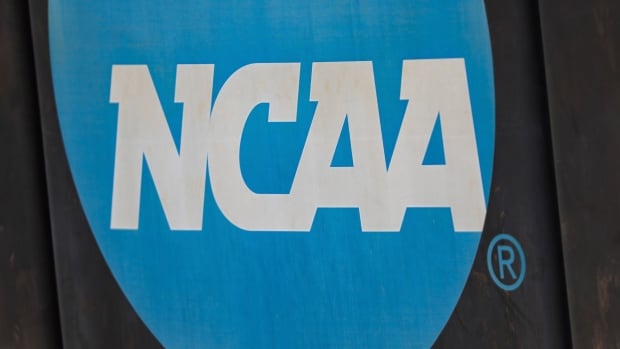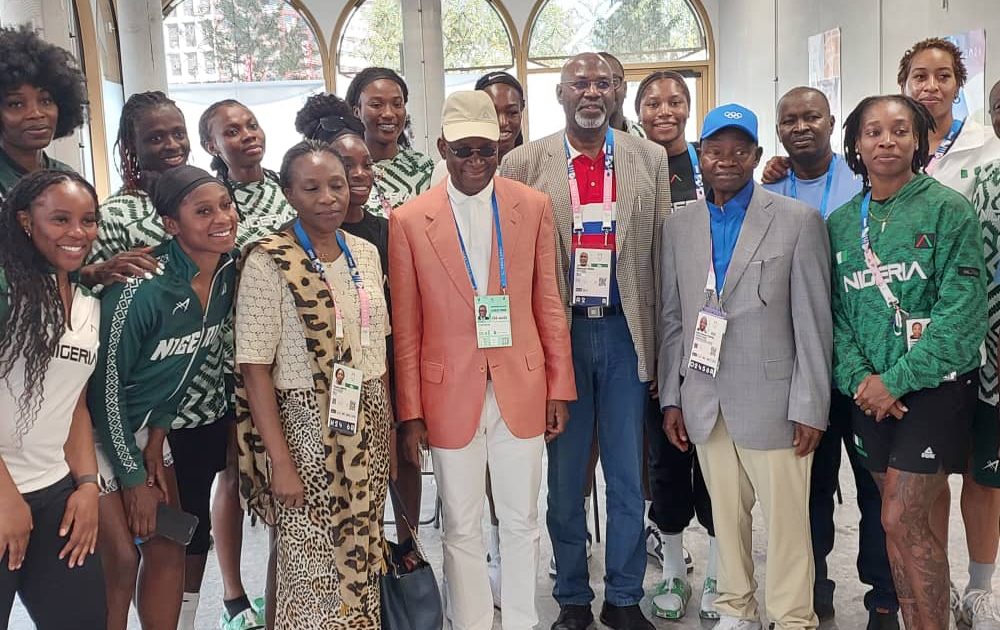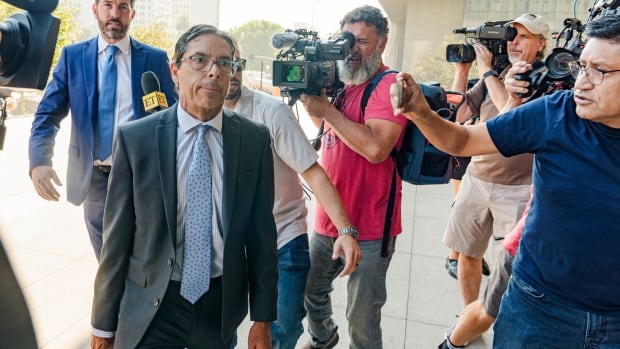In some of his most hawkish comments to date, the head of Canada’s intelligence agency is warning Canadians — including teenagers — against using the wildly popular video app TikTok.
“My answer as director of [the Canadian Security Intelligence Service] is that there is a very clear strategy on the part of the government of China … to be able to acquire … personal information from anyone around the world,” said CSIS director David Vigneault in an interview with CBC’s The House airing Saturday.
“As an individual, I would say that I would absolutely not recommend someone have TikTok.”
Vigneault said it’s “very clear” from the app’s design that data gleaned from its users “is available to the government of China.”
“Most people can say, ‘Why is it a big deal for a teenager now to have their data [on TikTok]?’ Well in five years, in 10 years, that teenager will be a young adult, will be engaged in different activities around the world,” he told host Catherine Cullen.
“If you are, for whatever reason, getting in the crosshairs of the [People’s Republic of China], they will have a lot of information about you.”
His comments come a week after CSIS released an annual report which warned about Chinese President Xi Jinping’s growing extraterritorial reach.
The report said the Chinese president has introduced provisions giving Beijing the ability to control data in China, and expansive laws that require Chinese citizens anywhere in the world to assist and cooperate with China’s intelligence services.
CSIS director David Vigneault says using TikTok is risky and the potential for the government of China to access personal data from the social media platform poses a ‘threat to the way we live.’
“They’re using big data analytics, they have amazing computer farms crunching the data, they are developing artificial intelligence … based on using this data,” Vigneault said.
“The ultimate goal is always to protect the interests of the Chinese Communist Party. And so from that point of view, in many ways, this is a threat to the way we live.”
TikTok argues servers hosted outside China
Vigneault is just the latest Western official to raise concerns about TikTok putting sensitive user data in the hands of the Chinese government.
TikTok’s parent company ByteDance is also accused of helping to build China’s system for cracking down on the Uyghur minority, and of targeting protesters in Hong Kong.
Critics say they fear China could continue to use TikTok’s content recommendations to spread misinformation and bury dissent.
ByteDance has insisted its servers are outside of China and therefore beyond the control of the Chinese Communist Party.
TikTok did not respond to CBC’s request for comment.
Last month, U.S. President Joe Biden signed a bill into law that gives TikTok’s parent company, ByteDance, one year to sell the app to avoid a ban.
In response, both ByteDance and content creators are suing the U.S. government in separate lawsuits.
Vigeault stopped short of recommending publicly that the Canadian government ban TikTok if it doesn’t cut ties with the Chinese government.
Last fall, the Liberal government ordered a national security review of TikTok. A spokesperson for Industry Minister Francois-Philippe Champagne said in March that the government could take action “if a case under review is found to be injurious to Canada’s national security.”
Vigneault said he’ll take part in that review and offer advice.
“I think the government has made the first step in recent months when it banned the use of TikTok on government devices. I think it was a very astute approach to take,” he said.
Prime Minister Justin Trudeau is declining to comment on the U.S. closing in on a bill that could ban TikTok — but says the federal government will continue to ‘look closely’ at the safety of Canadians.
Vigneault is not the only senior Canadian intelligence official to weigh in on the use of TikTok.
In an interview last year, Sami Khoury, the man who oversees cybersecurity for the federal government, said Canadians should be wary of apps that could put their data in the “wrong hands” and should question their own data collection policies.
“Why does an application need to access all of my contact list? Why does it need to access my calendar, my email, my phone records?” said Khoury, head of the Communications Security Establishment’s Canadian Centre for Cyber Security.
“You layer on top of that the risk of connecting my 200 [contacts] with your 200 and then you have an aggregate of information. In some cases, it lands in places that don’t live by the same principles of rule of law [and] respect for human rights.”







